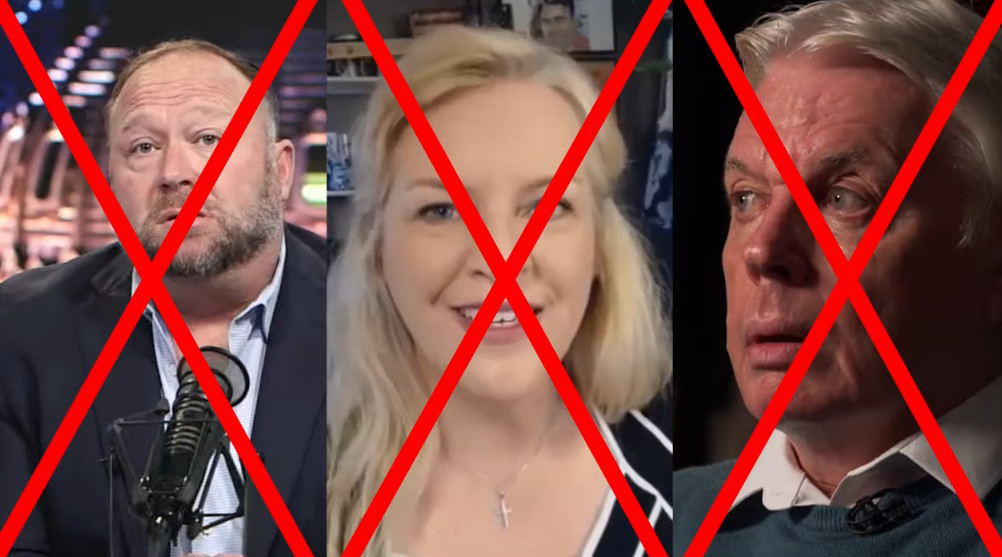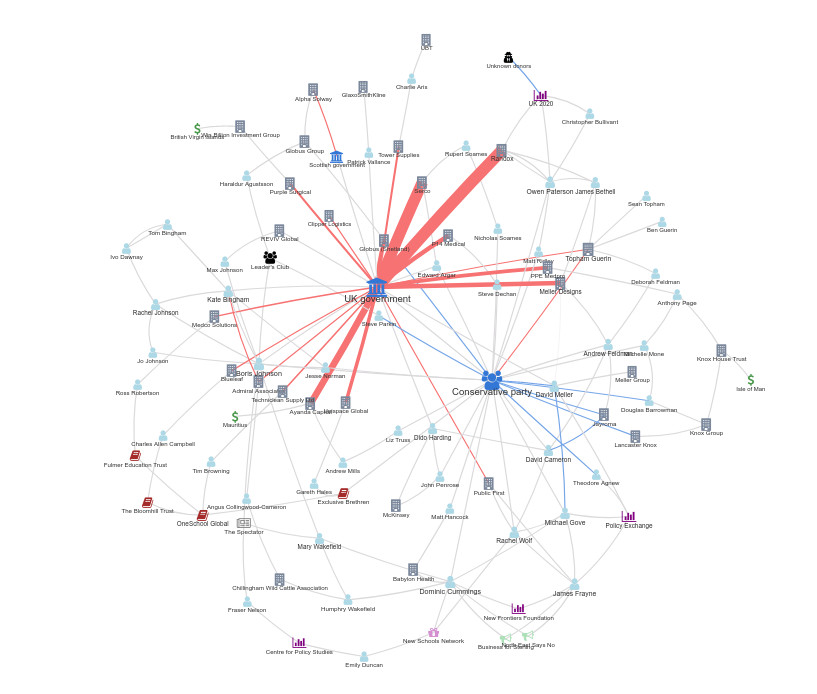
(Almost) all Americans hate their ISP. The exception? People who get their internet from their municipal governments.
consumerreports.org/telecom-servic…
Over 750 municipalities (mostly conservative towns) have rolled out blazing-fast municipal fiber:
vice.com/en/article/a3n…
1/
consumerreports.org/telecom-servic…
Over 750 municipalities (mostly conservative towns) have rolled out blazing-fast municipal fiber:
vice.com/en/article/a3n…
1/

However, very few large cities have done the same. Telcoms apologists who argue that America simply can't do broadband argue that big cities can't have municipal fiber because they're too dense, and small towns can't have it because they're too spread out.
2/
2/
Reality has a well-known bias in favor of muni fiber. When we look inside large telcoms monopolists (as we did when Frontier went bankrupt), we learn they don't connect us because execs make more (AND companies lose money) when they withhold fiber.
pluralistic.net/2020/05/01/ica…
3/
pluralistic.net/2020/05/01/ica…
3/
Meanwhile, publicly funded fiber installation is an engine of absolute economic miracles, raising the median wage in one of the poorest counties in the USA to $25:
newyorker.com/tech/annals-of…
4/
newyorker.com/tech/annals-of…
4/
We can have fiber. We should have fiber. Jesus fucking christ, we're all locked indoors struggling to learn, get medical treatment, date, and work through 20th century copper infrastructure. OF COURSE WE SHOULD HAVE FIBER.
5/
5/
Doing what's best for the country would be bad news for telco monopolists, but that's a feature, not a bug. DIE COMCAST DIE.
Americans have figured this out - even if their political leaders haven't.
6/
Americans have figured this out - even if their political leaders haven't.
6/
83.5% of Denver voters in favor of providing municipal favor, despite a cable-industry-procured (and outrageous) state law banning municipal broadband - handily passing the antidemocratic supermajority required by that law.
vice.com/en/article/xgz…
7/
vice.com/en/article/xgz…
7/
If you think Denver was amazing, wait'll you hear about Chicago: NINETY PERCENT OF VOTERS backed a referendum: "should the city of Chicago act to ensure that all the city's community areas have access to broadband Internet?"
8/
8/
Public broadband is such a no-brainer. Not only is it great for the people who get it, but it's great for the politicians who deliver it. It's hard to imagine a better re-election slogan than "Vote for me! I kicked out Comcast and gave you 100mbs fiber!"
9/
9/
Small wonder, then, that corruption-scandal-haunted Justin Trudeau just promised broadband to 98% of Canadians:
cbc.ca/news/politics/…
Image:
Guroadrunner (modified)
commons.wikimedia.org/wiki/File:Ariz…
CC BY:
creativecommons.org/licenses/by/2.…
eof/
cbc.ca/news/politics/…
Image:
Guroadrunner (modified)
commons.wikimedia.org/wiki/File:Ariz…
CC BY:
creativecommons.org/licenses/by/2.…
eof/
• • •
Missing some Tweet in this thread? You can try to
force a refresh














